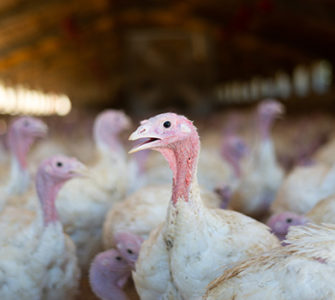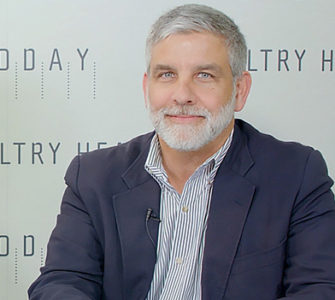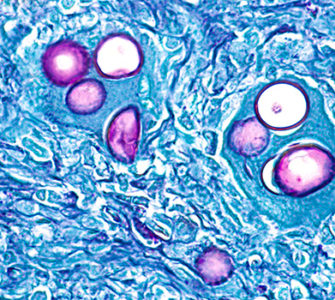‘Turkeys are suffering’ without good control of coccidiosis
website builder Turkeys are suffering from coccidiosis due to a lack of available medications, according to Greg Mathis, PhD, Southern Poultry Research, Athens, Georgia.
Currently there are only five FDA-approved anticoccidials, and two of these are ionophores that can’t be used in flocks raised without antibiotics, he told Poultry Health Today.
He said, while feed medications were “still effective” the turkey industry “has never really had good coccidiosis control” and that vaccine performance remains inconsistent. The cycling of turkey coccidia is hard to determine because it doesn’t produce discernible lesions.
Leading causes of coccidiosis in turkeys are Eimeria adenoeides, E. gallopavonis and E. meleagrimitis. However, the vaccines leave out E. gallopavonis, which needs to be included since there is no cross-protection between species, Mathis explained.
Probiotics may be useful for managing turkey gut health in the absence of traditional medications. Almost every US broiler company has used probiotics, and although broilers and turkeys are not the same species, what’s been learned in broiler production is usually applicable to turkey production, he added.
In addition to probiotics, the turkey industry has explored the use of alternative therapies such as essential oils and saponins, Mathis said.
While he’s confident that the turkey industry will develop a better understanding about coccidiosis vaccination and alternative therapies over time, Mathis said there was little doubt that turkeys were suffering without dependable control measures and the increasing pressure to reduce antibiotic usage.
Posted on May 4, 2018

















